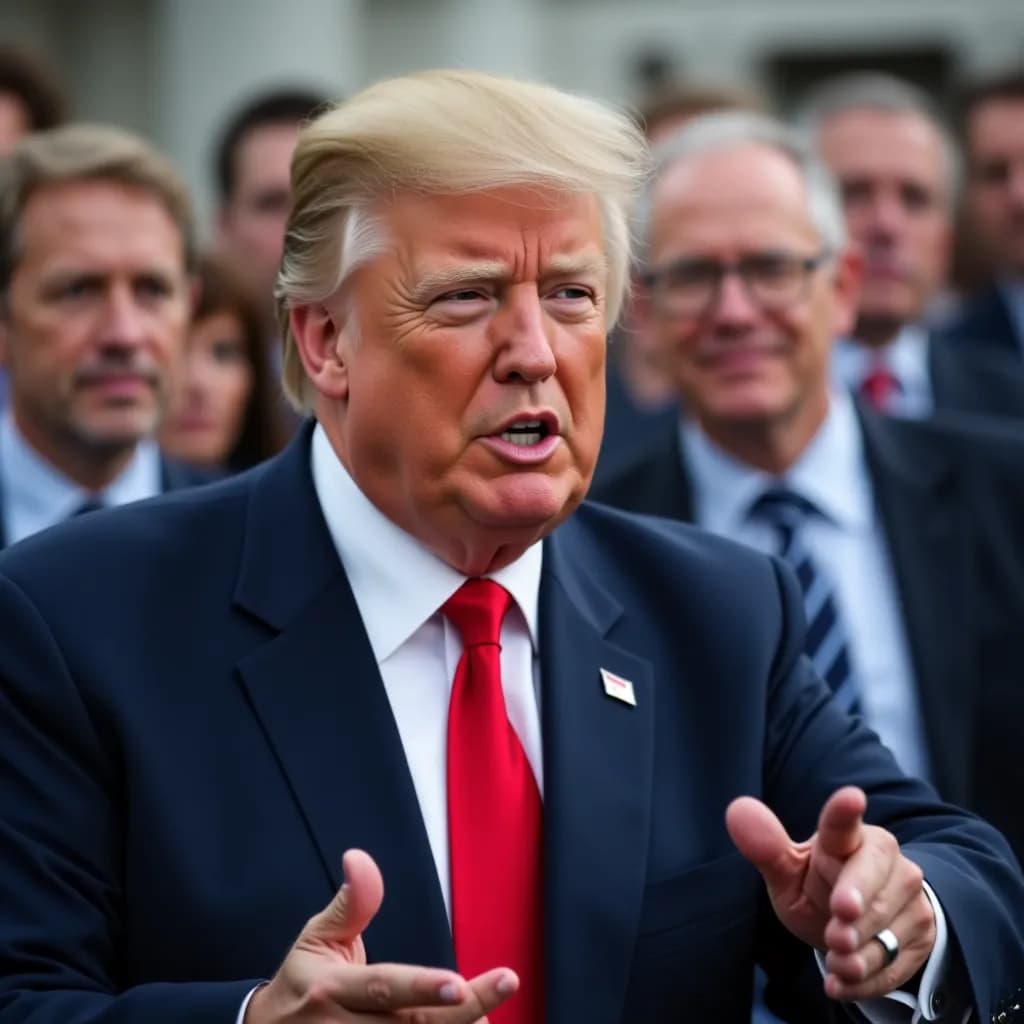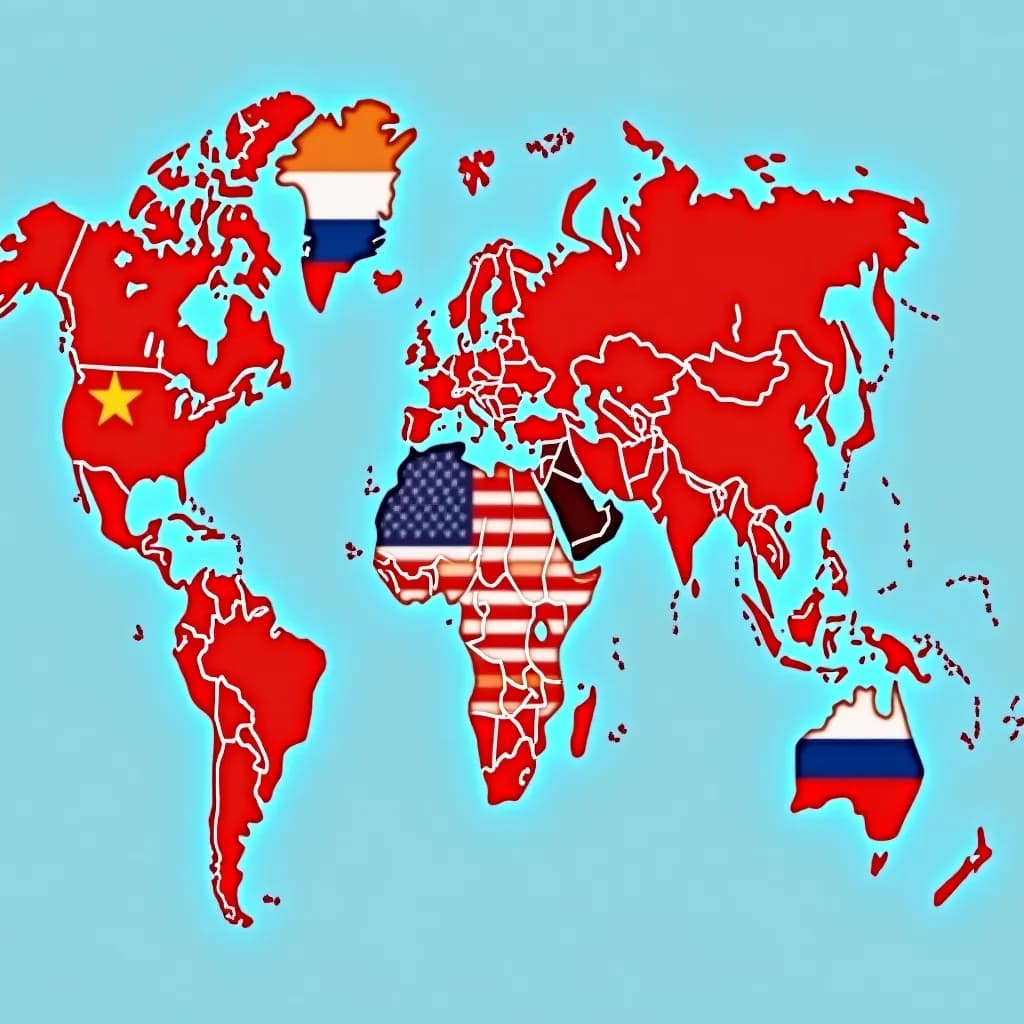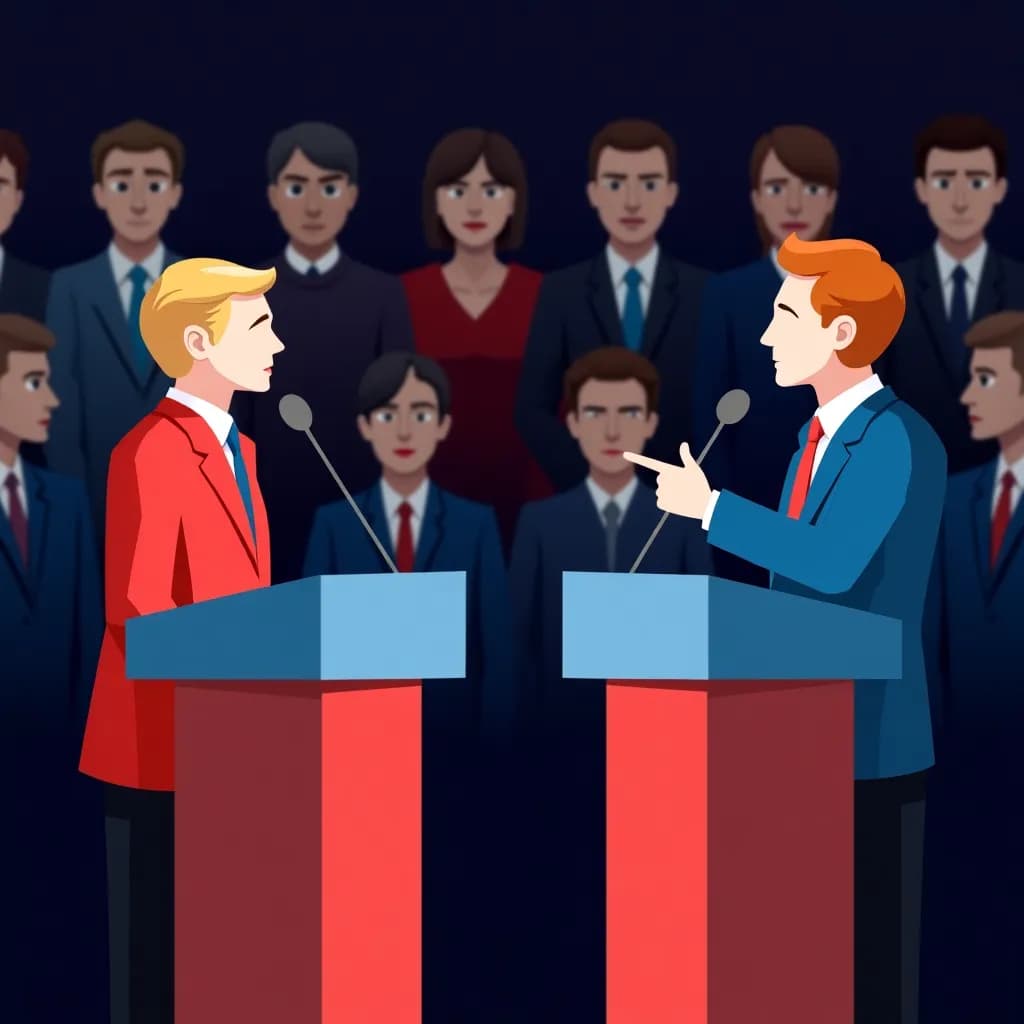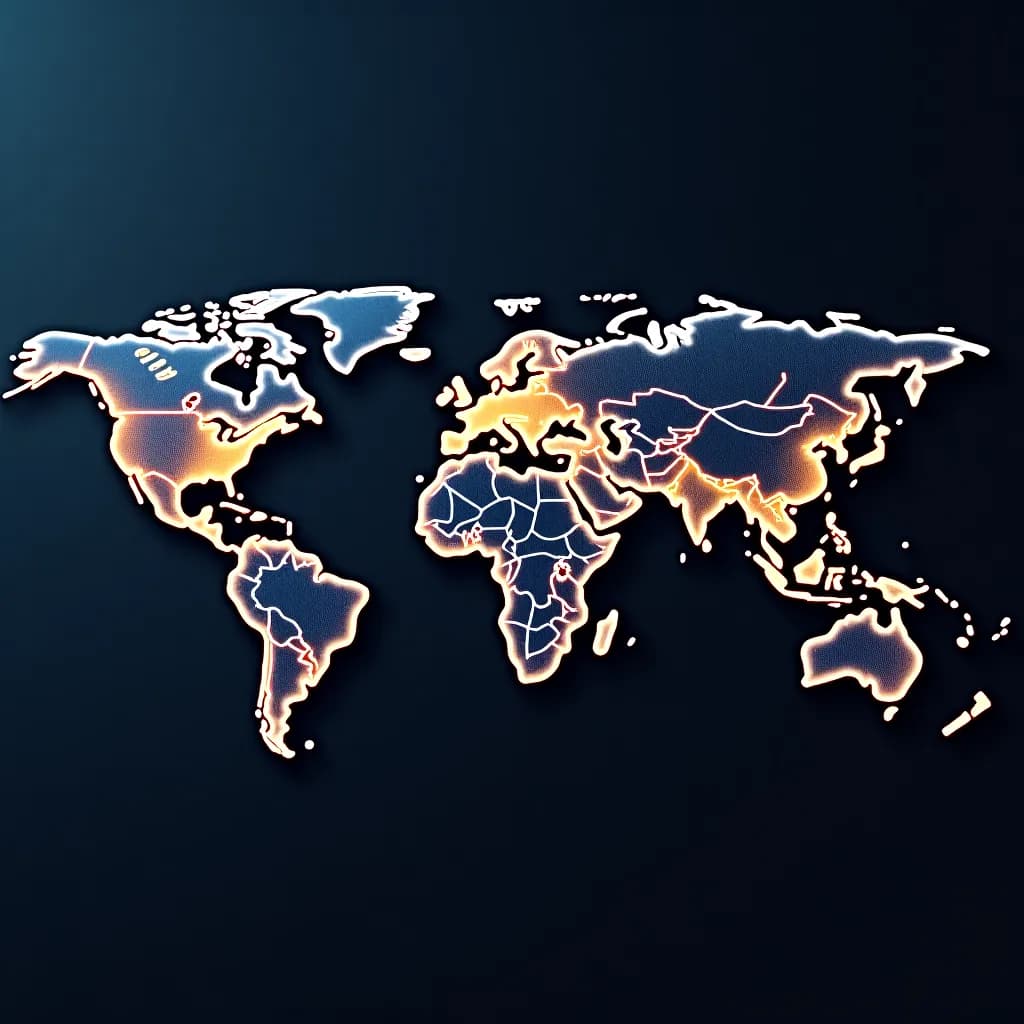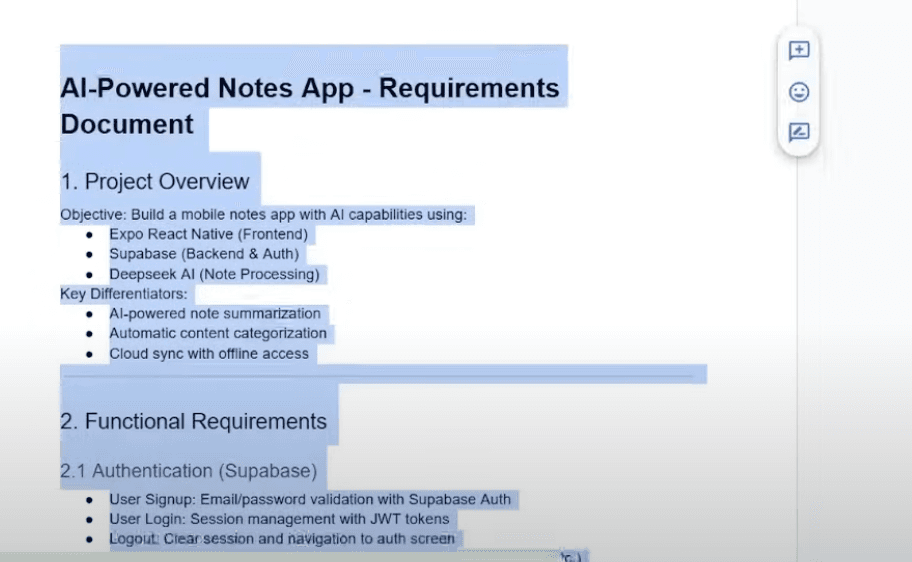Understanding the Impact of Political Polarization on Democracy
Democracy, in its purest form, thrives on vibrant, healthy debates and divergent viewpoints. However, political polarization, an extreme division in political attitude and values, threatens this essence. This article delves into the impact of political polarization on a democracy, illustrated with facts and extensive analysis.
Introduction: The Rising Tide of Polarization
Political polarization, the growing chasm between opposing political views, has been a trending phenomenon in many democratic nations. While some degree of polarization is necessary for a functioning democracy, an excessive divide can lead to societal tension and destabilization. Understanding this impact is crucial for maintaining a balanced democratic process.
The Effect of Polarization on Legislative Processes
One significant area of impact is the legislative process. Polarization tends to result in legislative gridlock, where the passage of laws becomes increasingly difficult. A study by The Cambridge University demonstrated that a high degree of polarization leads to a 30% decrease in the number of bills passed.
Political Polarization and the Erosion of Trust
Political polarization also erodes public trust in institutions. According to Pew Research Center, only 20% of Americans trust the government to do what is right always or most of the time, a stark decrease from 77% in 1964. This decline in trust can be directly linked to increased polarization.
Polarization and Partisan Antipathy
The increased polarization is also reflected in the growing partisan antipathy. The level of animosity between Democrats and Republicans has risen significantly over the last two decades, with both sides viewing the other with increasing suspicion and hostility. This animosity has far-reaching societal consequences, including the exacerbation of racial and cultural divides.
Countering the Effects of Polarization
While the effects of polarization are daunting, they are not irreversible. Greater emphasis on education, promoting media literacy, and encouraging dialogue between opposing political factions can help mitigate the effects of polarization. Furthermore, electoral reforms that discourage extreme partisan behavior could also play a crucial role in countering polarization.
Conclusion: The Challenge Ahead
The impact of political polarization on democracy is profound and far-reaching. It affects legislative processes, erodes public trust, and fosters partisan antipathy. To protect our democratic systems, it is vital to understand and address the root causes of polarization. The challenge ahead is immense, but with concerted effort and understanding, it is a hurdle that can be overcome.
